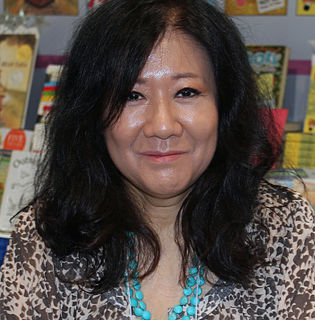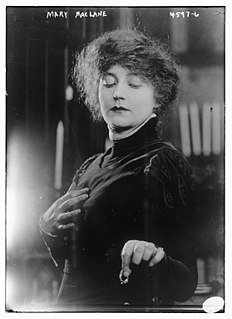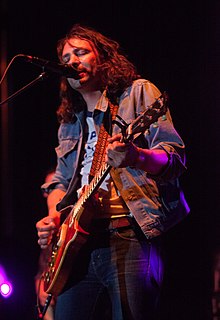A Quote by Stephen King
He would write it for the reason he felt that all great literature, fiction and nonfiction, was written: truth comes out, in the end it always comes out. He would write it because he felt he had to.
Related Quotes
I write fiction longhand. That's not so much about rejecting technology as being unable to write fiction on a computer for some reason. I don't think I would write it on a typewriter either. I write in a very blind gut instinctive way. It just doesn't feel right. There's a physical connection. And then in nonfiction that's not the case at all. I can't even imagine writing nonfiction by hand.
I just started trying to figure out how to write [something] which was unlike anything anybody had ever seen, and once I felt like I had figured that out I tried to figure out what kind of book I could write that would be unlike anything anybody had ever seen. When I started writing A Million Little Pieces I felt like it was the right story with the style I had been looking for, and I just kept going.
I had a lot of great lakes of ignorance that I was up against, I would write what I knew in almost like islands that were rising up out of the oceans. Then I would take time off and read, sometimes for months, then I would write more of what I knew, and saw what I could see, as much as the story as I could see. And then at a certain point I had to write out what I thought was the plot because it was so hard to keep it all together in my head. And then I started to write in a more linear way.
I wanted to write and then I saw Pierrot and I understand that I could express myself in a more... Also probably, I had an intuition that if I was going to only write, I will stay in one room all the time and never go out. I felt that if I was going to make movies, I would have to communicate with people and it would be good for me.
But sometimes when I was starting a new story and I could not get it going, I would sit in front of the fire and squeeze the peel of the little oranges into the edge of the flame and watch the sputter of blue that they made. I would stand and look out over the roofs of Paris and think, 'Do not worry. You have always written before and you will write now. All you have to do is write one true sentence. Write the truest sentence that you know.' So finally I would write one true sentence, and then go on from there.
One of the things I always underscore when I teach criticism is that young critics, or would be critics, frequently have this illusion that if they write about music they're somehow part of music, or if they write about movies they're part of movies, or of they write about theater they're part of theater, or write about literature. Writing is a part of literature, we belong the species of literature. If you add all the music reviews together that have ever been written, they don't create two notes of music.
































